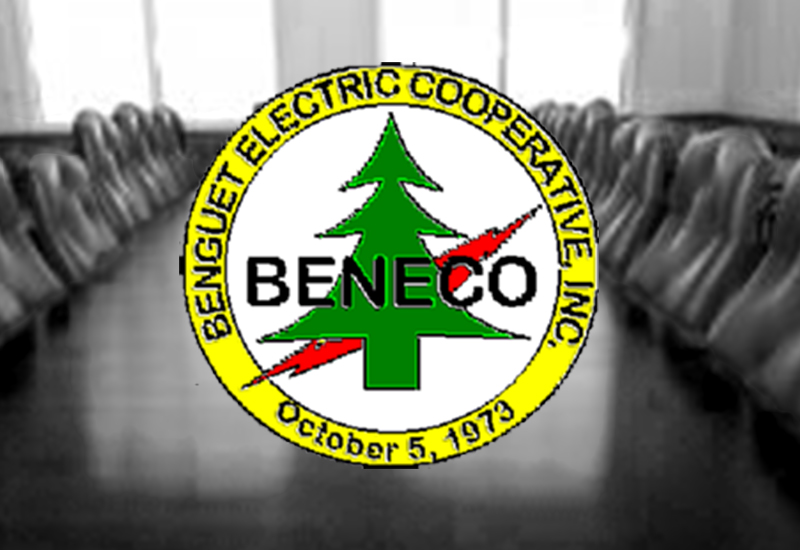One of the salient provisions of Republic Act (RA) 8371 or the Indigenous Peoples Rights Act (IPRA) is for interested multi-national companies to first secure the free and prior informed consent FPIC) of the host indigenous peoples – indigenous cultural communities (IPs-ICCs) once the said companies are interested to exploit, develop and utilize the rich resources of the State that are located within their ancestral domain. RA 8371 was primarily intended to help in uplifting the status of the IPs and protect their ancestral domain from being taken advantage by abusive multi-national companies whose primary purpose is to wreck in millions of pesos in desired income while leaving the IPs empty-handed and
grieving over the destruction of their domain which is supposed to be passed on to future generations.
Admittedly, the Cordillera as a whole is rich in natural resources which is available for exploration, development and utilization that could help spur overall economic growth regionwide. However, the bizarre experience of IPs from the national government and multinational corporations had made the inhabitants of identified potential rich areas hesitant in allowing their domain to be explored for fear that the IPs will be out rightly displaced, their sources of livelihood and potable sources of water would be ruined and the overall state of their environment will be heavily damaged. The region has vast tracks of hydro and geothermal deposits and mineral resources that when the same are explored, then it would result to drastic development in the countryside once the exploitation and utilization will be done in a responsible manner with the IPs significantly benefitting from the same.
We learned that in Apayao, IPs are supportive of the put up of hydro power plants along the Apayao river because of the province’s rich hydro resources boosted by its thickly forested mountains providing clean and abundant water to the tributaries of the main river system. Local officials were the ones who convinced the identified IPs that will be affected in case their proposed hydro projects will push through to be relocated and for them to be given priority in employment once the projects will start commencing. Understandably, the FPIC process which is being handled by the National Commission on Indigenous Peoples (NCIP) has to push through and with the lessened resistance after the affected IPs were relocated, hydro developers and local officials expected that the FPIC was supposed to be smooth sailing but because of the alleged failure of the NCIP officials to closely look into the matter, the process dragged on up to the time that local officials were irritated over the alleged inaction of the agency to what is supposed to be an economic driver in the province.
In Kalinga, IPs that are directly affected by a 52-megawatt hydro project in Tabuk City already give their consent for the project and were ready for the negotiations but a group of infiltrators allegedly went round and initiated a signature campaign to the extent of confusing the IPs to sign which is now causing problems for the concerned government agencies and the local government on how to go about the problem.
In the case of Kibungan, Benguet, IPs of barangay Badeo and some other barangays are questioning the process of the initial consensus building assembly in the said barangay wherein only pre-selected elders were allowed to vote that generated a controversial result which is now the subject of questions by the IPs themselves.
We believe there were some corrupt NCIP-CAR officials who were in cahoots with some of the proponents of the hydro projects, especially the one in Kibungan that resulted to the controversial approval of the project. It is high time that heads should roll in the case at hand because it is obvious that the actuations of NCIP-CAR officials were against the will of the people who were opposed to the project simply because of certain juicy considerations.
In the case of Apayao, we certainly believe that the NCIP-CAR officials did not play their cards well. The people and officialdom of Apayao are eagerly awaiting the implementation of development projects which they view as one of their economic drivers, thus, they were even the ones who went out of their way to talk to the affected IPs for them to relocate to safer areas in exchange for gainful jobs. In the case of Kalinga, again the NCIP again mishandled the situation because they allowed infiltrators to impose their will on the IPs when in fact, the consent was already given to the project proponent.
We cannot avoid to support the belief of some sectors that the current NCIP leadership is simply trying to play safe on the sensitive issues confronting them. WE call on the responsible officials to make drastic actions to put things in their proper perspectives before the issues at hand will go out of control. The NCIP is lucky that their budget was restored but its officials should start re-thinking their alliances and alignments in such because it might again result to the grant of another P1,000 budget for 2019 without guarantee of restoration.














